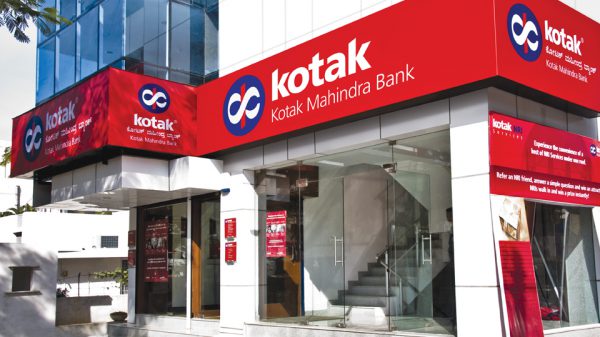India’s import tariffs on information and communication technology (ICT) products are not in line with its World Trade Organization (WTO) commitments and are illegal, ruled a panel at the apex global trade organisation yesterday.
The ruling came after the European Union’s case against India’s high trade tariffs, which it argued allegedly affected €600 million (around $656 million) of the bloc’s ICT exports to India annually.
India’s import duties on mobile phones, mobile phone components and accessories, line telephone handsets, base stations, static converters or electric wires and cables were introduced in 2014 and ranged from 7.5% to 20%. The EU argued that these tariffs directly breached India’s obligations under WTO rules to impose “zero-duty” rates on these goods. The EU filed a case on the alleged violations in 2019, followed by similar cases against India’s tariffs filed by Japan and Taiwan the same year.
STAY ON TOP OF TECH POLICY: Our daily newsletter with the top story of the day from MediaNama, delivered to your inbox before 9 AM. Click here to sign up today!
Why it matters: Aside from procedural non-compliance with the WTO, India’s high tariffs tangibly hurt the EU’s trade coffers. Remember, the European Union traded €88 billion (about $96.2 billion) worth of goods with India in 2021, making it India’s third-largest trading partner at the time. On the flip side, import tariffs have been partly imposed by the Indian government to protect and grow domestic industries and economies (hint: Make In India). But, while both sides of the coin seem legitimate from a distance, in this case, the question really revolved around whether India had violated its WTO commitments—which an adjudicating panel decided that it had.
Yesterday’s verdict in the EU complaint noted that India’s tariffs were unjustified. “India could not invoke the Information and Technology Agreement (ITA) to escape the commitments made in its WTO schedule, nor limit its zero-duty commitment to products that existed at the time of this commitment and exclude more recent technological products falling under the same tariff line,” noted a European Commission press release on the ruling.
India should apply a zero-duty rate to ICT products like mobile phones according to its WTO commitments. Instead, it has tariffs of up to 20 percent.
That is illegal, a @wto panel has ruled. Respect for the rules-based trading system is vital for a good trade relationship. pic.twitter.com/4KbTD7Ky8x
— EU Trade ?? (@Trade_EU) April 17, 2023
The World Trade Organization may rule on the Japan and Taiwan cases today. In the meanwhile, Ministry of Commerce sources speaking to PTI hinted that India may challenge the ruling. If it does, then “the case will sit in legal purgatory since the WTO’s top appeals bench is no longer functioning due to U.S. opposition to judge appointments,” observed Reuters. The Ministry sources added that the ruling will not adversely impact India’s domestic industry.
How has India participated in other WTO tech discussions?: Last year, after some back and forth, India agreed to extend the temporary WTO moratorium on imposing import duties on vaguely defined “electronic transmissions”—broadly understood to be all goods transmitted through electronic means. As we reported at the time, the government had argued that:
…Imposing import tariffs helps it make up millions of dollars worth of lost tax revenue on electronic transmissions, which are otherwise retained by developed countries and Big Tech companies. On the flip side, unnamed executives from Big Tech firms told Economic Times that imposing customs in the absence of a clear definition of ‘electronic transmissions’ may lead to uncertainties between countries importing to India, especially when it comes to intellectual property and trade rights.
This post is released under a CC-BY-SA 4.0 license. Please feel free to republish on your site, with attribution and a link. Adaptation and rewriting, though allowed, should be true to the original.
Read more
- India Pushes For Customs Duties On ‘Electronic Transmission’ At The World Trade Organization
- India’s E-Commerce Policy And The WTO
- Japan Complains To WTO About India’s ‘Excessive’ Import Duties On Mobile Phones And More
- Govt Might Scrap Import Of Gifts And Samples To Nab Chinese Firms That Evade Duties: Report






























